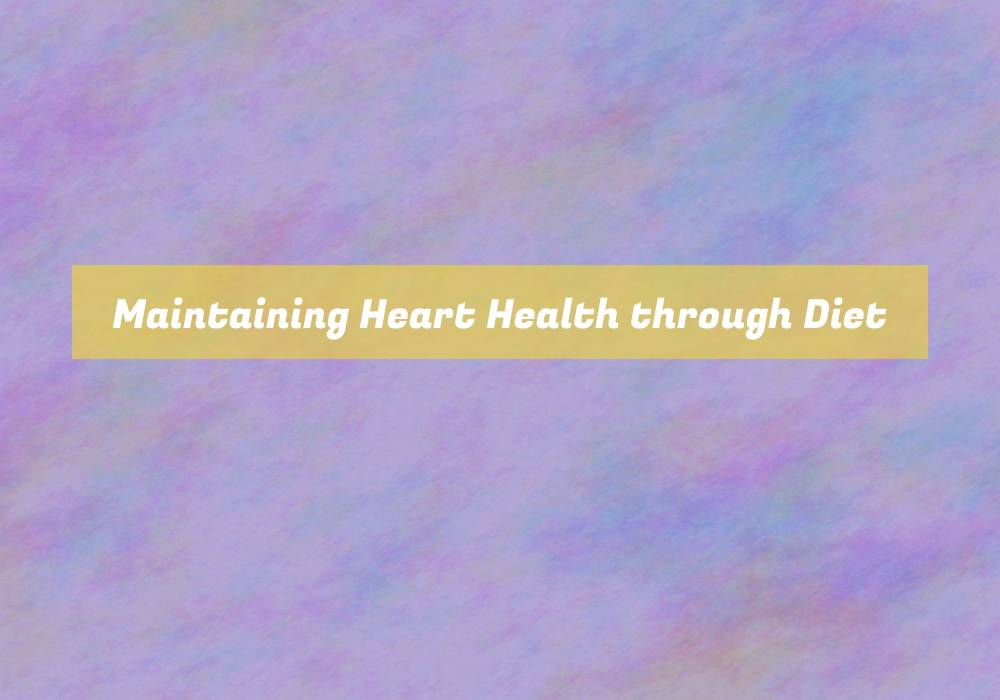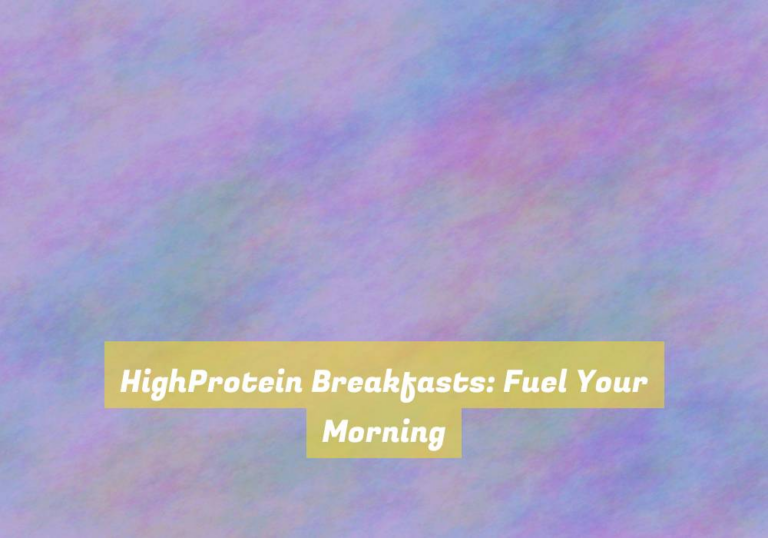Maintaining Heart Health through Diet
Maintaining heart health through diet is crucial, especially when you consider that heart disease is the leading cause of death worldwide, accounting for over 17.9 million deaths each year.
But fear not, because making simple changes to your diet can significantly reduce your risk of heart disease and improve your overall heart health.
In the following discussion, weG??ll explore the impact of various foods on heart health and provide practical tips for incorporating heart-healthy choices into your daily meals.
So, letG??s start uncovering the secrets to a heart-healthy diet that will nourish your body and keep your heart in top shape.
Understanding Heart-Healthy Foods
To maintain heart health through diet, you should actively incorporate heart-healthy foods into your daily meals. Understanding what makes certain foods heart-healthy is crucial.
Start by including plenty of fruits and vegetables in your diet. These are packed with vitamins, minerals, and fiber, which can help lower blood pressure and reduce the risk of heart disease.
Opt for whole grains like brown rice, quinoa, and whole wheat bread, as they provide essential nutrients and fiber, promoting better heart health.
Choose lean proteins such as chicken, fish, and legumes, which are lower in unhealthy saturated fats that can contribute to heart issues.
Incorporating healthy fats like those found in avocados, nuts, and olive oil can also support heart health. These fats can help lower bad cholesterol levels and reduce the risk of heart disease.
Implementing a Balanced Diet
You can implement a balanced diet by incorporating a variety of nutrient-rich foods into your meals. Start by including a colorful array of fruits and vegetables in your daily intake. These provide essential vitamins, minerals, and antioxidants that support heart health. Aim to fill half your plate with these vibrant options at each meal.
Additionally, include whole grains such as quinoa, brown rice, and oats to provide fiber and sustained energy. Lean proteins like chicken, fish, and legumes are crucial for muscle function and overall well-being. DonG??t forget to add healthy fats from sources like avocados, nuts, and olive oil, as these can help lower bad cholesterol levels.
Lastly, limit your intake of processed foods, sugary snacks, and high-sodium items to maintain a balanced diet. By making these simple yet impactful changes, you can ensure that your heart receives the nourishment it needs to thrive.
Incorporating Essential Nutrients
Incorporating essential nutrients into your diet is crucial for supporting heart health and overall well-being. Key nutrients like omega-3 fatty acids, fiber, potassium, and antioxidants play an essential role in maintaining a healthy heart.
Omega-3 fatty acids, found in fish, flaxseeds, and walnuts, can help lower the risk of heart disease by reducing inflammation and improving cholesterol levels.
Fiber, abundant in fruits, vegetables, and whole grains, aids in lowering cholesterol and regulating blood sugar levels, contributing to heart health.
Additionally, potassium, found in bananas, spinach, and sweet potatoes, helps control blood pressure, reducing strain on the heart.
Antioxidants, present in berries, nuts, and dark chocolate, protect against oxidative stress and inflammation, further supporting heart health.
Ensuring your diet includes a variety of nutrient-dense foods is essential for providing your body with the necessary tools to maintain heart health.
Avoiding Harmful Dietary Choices
Making mindful choices about what you eat is crucial for maintaining a healthy heart and overall well-being. To avoid harming your heart health, itG??s important to steer clear of certain dietary choices.
Firstly, limit your intake of saturated and trans fats found in processed and fried foods, as they can raise your cholesterol levels and increase the risk of heart disease.
Additionally, be cautious with your sodium consumption by avoiding high-sodium processed and packaged foods. Too much sodium can elevate blood pressure, putting strain on your heart.
Sugary beverages and snacks should also be minimized, as they can contribute to weight gain and negatively impact heart health.
Furthermore, try to avoid excessive alcohol consumption, as it can raise blood pressure and contribute to heart failure and stroke.
Lastly, steer clear of fad diets and extreme restrictions, as they may lead to nutrient deficiencies and adversely affect your heart health.
Conclusion
In conclusion, maintaining heart health through diet is crucial for overall well-being. By understanding heart-healthy foods, implementing a balanced diet, incorporating essential nutrients, and avoiding harmful dietary choices, you can support your heart health and reduce the risk of heart disease.
Remember to make small, sustainable changes to your diet and seek guidance from a healthcare professional to ensure youG??re on the right track to a healthier heart.







